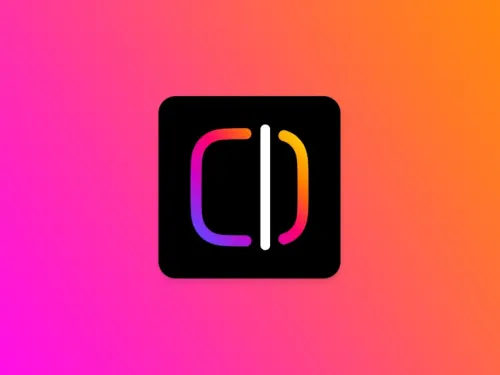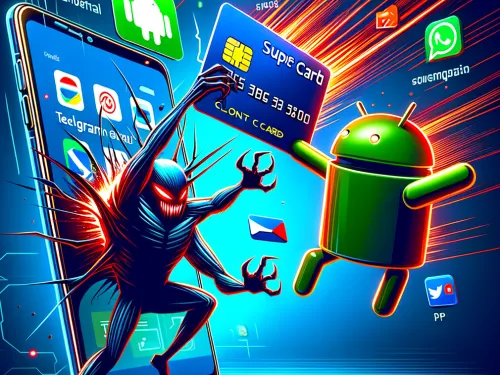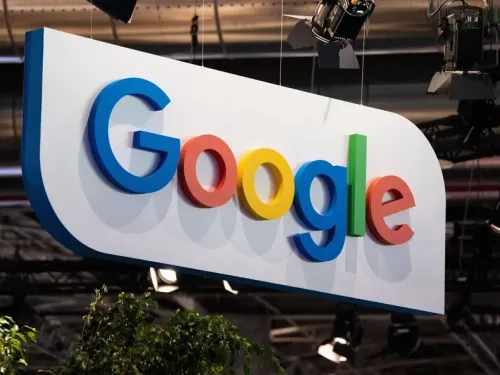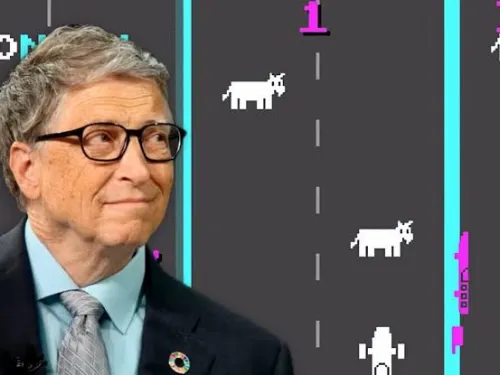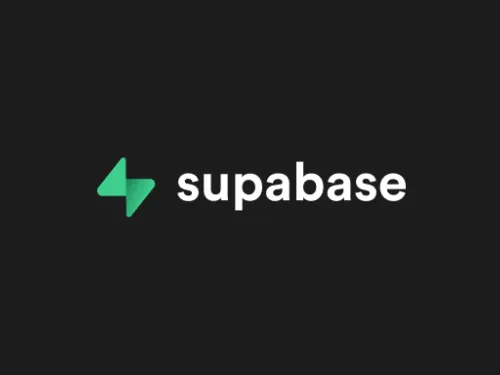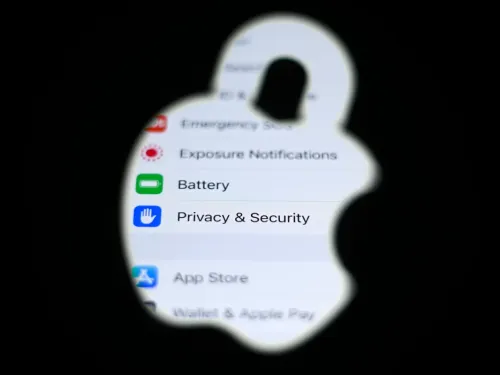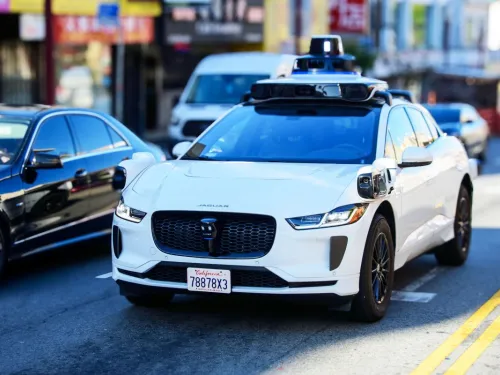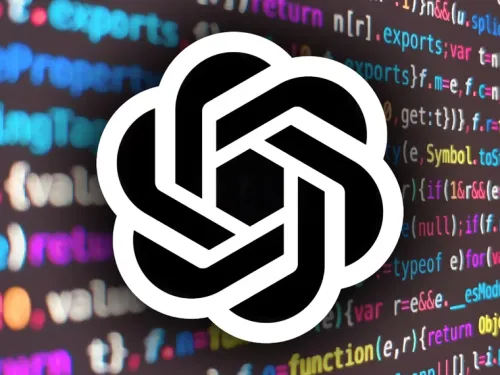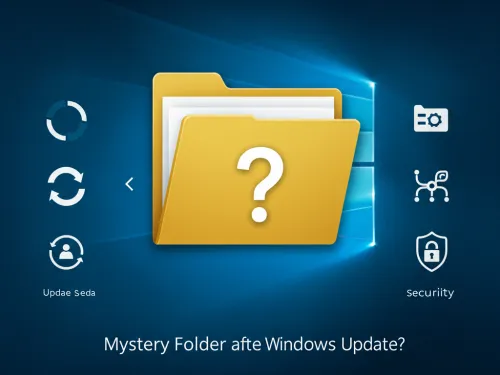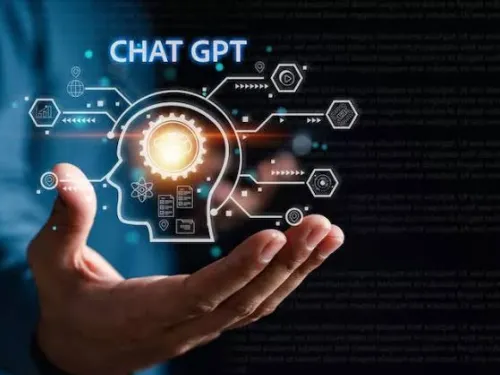Automatic Pix: The Revolution of Recurring Payments Arrives in June 2025! Learn Everything!
Prepare for the revolution in recurring payments: the Central Bank announces Pix Automático, to be launched on June 16, 2025. This innovation aims to optimize bill payments such as water, electricity, and tuition, functioning as an automatic debit with the agility of Pix. After a one-time authorization, transactions will be scheduled and notified to the user, who maintains control, being able to set maximum values and decide on credit usage. Advantages include convenience, financial control, and security. Pix Automático promises practicality and efficiency, with the expectation of rapid adoption by businesses and consumers.
New Law Increases Penalty for Violence Against Women Using Artificial Intelligence: Understand the Details and Implications
The new Brazilian law (Law No. 15,123/2025) increases the penalty for the crime of psychological violence against women when committed using artificial intelligence or similar technologies that alter the victim's image or voice. The law increases the prison sentence by half and aims to combat the use of technologies like deepfakes to threaten, humiliate, and blackmail women. AI can be used for cyberstalking and other forms of psychological abuse, highlighting the legal and technical challenges in punishing these crimes and providing a global overview of laws and initiatives against online gender violence.
Revolutionize Your Videos: Discover Edits, Instagram's New Integrated Editor!
Revolutionize Your Videos: Meet Edits, Instagram's New Integrated Editor! Instagram has launched Edits, an integrated video editor that simplifies the lives of content creators. The tool eliminates the need for multiple apps, offering timeline editing, clip trimming and splitting, speed and volume adjustment, as well as the addition of audio, text, stickers, and transitions. Edits provides speed, convenience, and quality, allowing for more polished and creative videos directly within the app. To use it, simply access the editing options when creating a Reel. With Edits, Instagram aims to facilitate dynamic video creation.
Urgent Alert! Is Your Mobile Banking App Secure? Discover the New Scam!
This article warns about a new scam involving the SuperCard X malware, which targets Android users and steals credit card data via messages, calls, and a fake app. The scam takes advantage of NFC technology to discreetly capture information. To protect yourself, it is crucial to be wary of suspicious banking messages and calls, download apps only from official sources, use antivirus software on your phone, and regularly monitor bank transactions. The post emphasizes the importance of prevention and constant attention to avoid falling victim to this and other digital scams.
Clair Obscur: Expedition 33 Achieves 1 Million Sales in Three Days and Becomes a Global Phenomenon
Clair Obscur: Expedition 33 made a splash in 2025 by selling over 1 million copies in just 72 hours, winning over both critics and the public. Developed by the French studio Sandfall Interactive, this RPG features a mature and innovative narrative, with protagonists racing against time to stop a deadly entity— packed with emotional dilemmas and striking plot twists.
The hybrid combat system, blending turn-based mechanics with real-time action, revolutionized the genre and was praised for its strategic depth and character customization. Beyond its impressive technical quality, the game’s viral success is also credited to organic marketing on social media and strong player engagement.
Sandfall has already
The hybrid combat system, blending turn-based mechanics with real-time action, revolutionized the genre and was praised for its strategic depth and character customization. Beyond its impressive technical quality, the game’s viral success is also credited to organic marketing on social media and strong player engagement.
Sandfall has already
The Revolutionary Algorithm that Solved a 70-Year-Old Problem in the Blink of an Eye
In 2024, researchers from ETH Zurich announced an advancement in computer science: an algorithm that solves the maximum flow problem in networks almost instantaneously. Developed by Rasmus Kyng and his team, the method benefits the planning of logistics routes and the optimization of energy and data networks. By integrating traffic models and electrical circuits, the new algorithm operates in near-linear time, revolutionizing sectors such as global logistics, sustainable energy networks, and internet data routing. This innovation marks a new era in the optimization of dynamic networks.
Why Does Everyone Use Google? A Study Reveals the Theory Behind the Search Engine's Dominance
The internet has transformed the search for information, and Google leads this change. A study, cited by Olhar Digital, attributes this dominance to factors such as technological advances, user trust, and cultural adaptation. Since its launch in 1998, Google has prioritized convenience, speed, and accuracy, which resonate with the human need for quick answers, becoming an extension of human cognition, known as the "Google effect." The integration with artificial intelligence, the "AI Mode," facilitates complex interactions, consolidating the search engine as an adaptable educational tool and a reflection of contemporary society.
Bill Gates, Coffee, and a One Night Game: How a Brilliant Turnaround Led to a Million-Dollar Business!
Bill Gates, in 1980, turned an all-nighter into a million-dollar business by developing a computer game for IBM. Seeking an operating system, IBM approached Gates, who seized the opportunity to showcase his skills. With creativity and improvisation, he spent the night programming, earning the executives' trust and securing a $1 million contract, crucial for Microsoft's future dominance in the PC market. The story highlights the power of innovation under pressure, showing how great achievements can arise from bold ideas and sleepless nights.
The Explosive Growth of Supabase and the Role of "Vibe Coding" in the Software Development Revolution
Supabase raised $200 million in funding, reaching a valuation of $2 billion, reflecting its success and the impact of "vibe coding" on software development. "Vibe coding," which emerged in 2025, allows for the creation of applications through natural language, with AI automatically generating code, democratizing development. Supabase, founded in 2020, has become essential for "vibe coding" projects with its managed PostgreSQL database. In 2025, 25% of Y Combinator startups use AI to generate 95% of their code. By 2027, it is expected that 40% of code in production will be generated by AI.
Apple Zero-Day: Sophisticated iOS Attacks Target Specific Targets
Apple revealed critical updates on April 16, 2025, for iOS, iPadOS, macOS, and visionOS, addressing two zero-day vulnerabilities (CVE-2025-24200 and CVE-2025-24201) used in sophisticated attacks against specific targets. The first, CVE-2025-24200, allowed attackers to bypass USB Restricted Mode with physical access to the device, facilitating data extraction. The second, CVE-2025-24201, exploited WebKit for remote code execution. The attacks targeted users of older iOS versions, suggesting coordination by actors with advanced technical resources. Apple recommends immediate updates, especially for vulnerable users.
Waymo and Uber Prepare to Launch Robotaxi Service in Atlanta in Summer 2025
Waymo and Uber launch the "Waymo on Uber" robotaxi service in Atlanta in the summer of 2025, following success in Austin. Partners offer rides in autonomous Jaguar I-PACE vehicles at the same cost as traditional options, with Waymo coordinating the technology and Uber handling logistics. Atlanta is chosen for its emerging tech status, presenting challenges such as complex roads. Despite safety concerns, Waymo highlights the effectiveness of its system. This collaboration between former rivals enhances a safer and more sustainable transition to autonomous urban mobility. The official launch will take place in June 2025.
GPT-4.1 Revolutionizes Programming with Extensive Context and Precise Code
OpenAI has launched the GPT-4.1 family, revolutionizing programming by offering improvements in contextual understanding and code generation, with a capacity of up to 1 million tokens. Available exclusively via API, the GPT-4.1, GPT-4.1 mini, and GPT-4.1 nano models meet varying demands, from complex systems to low-latency applications. Multimodal, they process text, images, and audio, facilitating tasks like visual sketch code generation. GPT-4.1 surpasses benchmarks but still faces challenges with extensive contexts, requiring supervision. OpenAI leads in assisted programming, promising increased productivity and future integration with leading platforms.
Underwater Threats: How Internet Submarine Cables Are Under Attack.
Submarine cables, essential in the global telecommunications infrastructure, enable the transmission of 99% of international data. They are long stretches of wires that connect and sustain the modern economy. Recently, acts of sabotage against these cables have raised concerns due to the risks to internet security and stability. Motivated by strategic, political, or economic reasons, such attacks can disrupt global connectivity, affecting businesses, governments, and individuals. Repairing damaged cables is complex and costly. To mitigate future attacks, operators are enhancing security with new technologies and monitoring strategies, emphasizing the need for international cooperation. Understanding the vulnerability of cables is crucial to strengthening network resilience and preventing future risks.
OpenAI prepares to launch GPT-4.1 and new AI models: what to expect?
Recently, exciting news has emerged in the world of artificial intelligence: OpenAI may launch GPT-4.1 and new advanced models next week. This update promises significant improvements and new features to GPT. GPT-4.1 is expected to refine the capabilities of the previous model, advancing in accuracy, comprehension, processing speed, and security. In the AI sector, an impact is expected in areas such as human-computer interaction, translators, writing tools, and business innovation. The launch could result in more natural interactions, improvements in automatic translation, and automation of complex tasks. If the launch occurs, it will mark a significant advancement in the evolution of AI. Stay tuned for more news and get ready to explore the new capabilities this model can offer. Follow my blog for more updates and analyses on technological advances.


